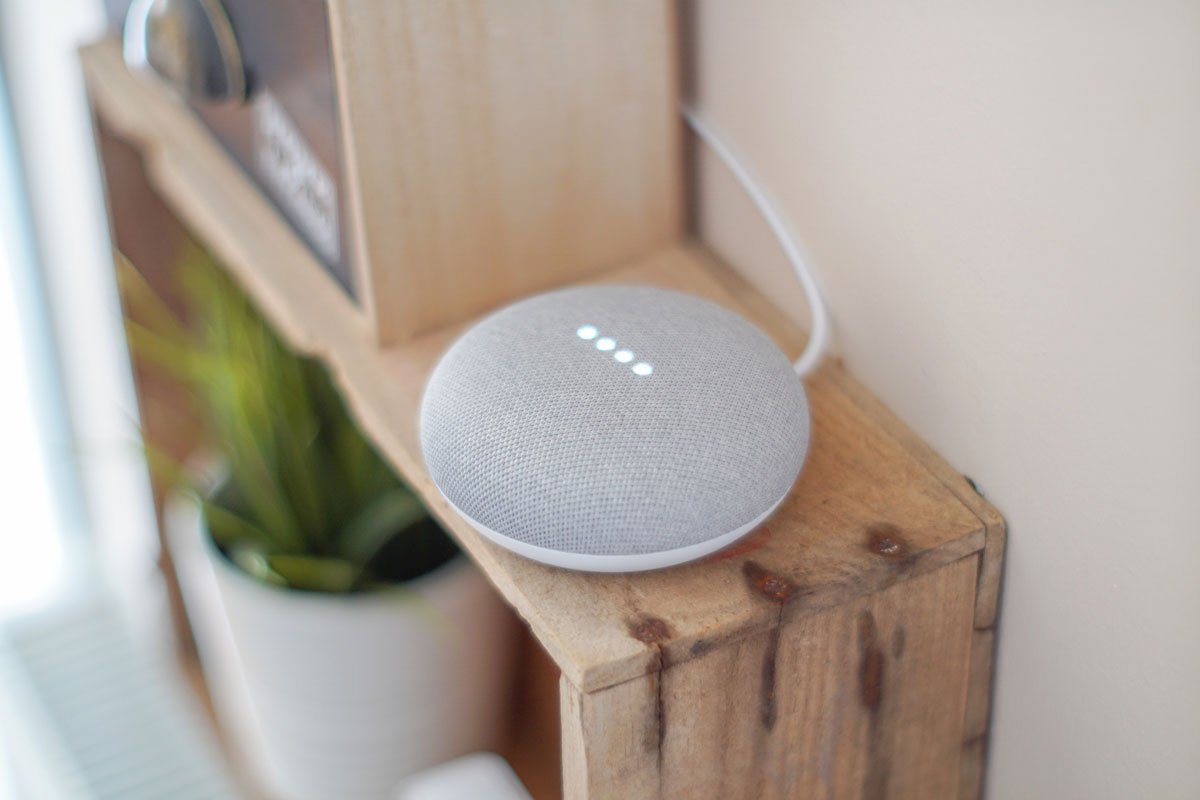
As of 2019, 66.4 million U.S. adults reported owning a smart speaker. That means that at least 66.4 million people in the U.S. alone will interact and with any particular brand without a single screen insight. Whether it be Siri, Alexa, or Cortana, digital assistants are changing the way people engage with brands, which is why researchers at ComScore estimate that voice searches will account for 50% of all searches in 2020.
To give you perspective, Google receives 5.6 billion searches per day.
And of the trillions of results, digital assistants will only read one –the one in Position Zero.
Position Zero is merely the featured snippet that appears at the top of a Google Search, yet it is set to become the most coveted spot on the internet since it is also the only result to be read aloud in a voice search. If implemented accurately, voice searches can enhance your customers’ experience unlike any technology currently present, ultimately driving more traffic to your site and improving your SEO ratings.
With Voice Searches It’s All About the Experience
Past searches required little apart from essential keywords in a text box. However, yesterday’s text searches such as “cafés near me” have morphed into complex expressions absent of keywords, such as “Is the pumpkin spice latte back yet?”, and Google’s big data and machine intelligence have become advanced enough to link the user to an accurate response, most likely stemming from a nearby café.

These small vocal interactions enhance brand voice, which in turn deepens customer loyalty as users are able to “talk” to their brands. In addition to reshaping brand interactions, voice searches such as the one above will:
- Rewrite SEO best practices – Voice queries tend to be longer, sometimes incorporating several keywords as well as intent.
- Change content voice – Since your content will be read aloud, new content should use conversational speech, preferably natural speaking language, to give customers a more human feeling when speaking to a digital assistant.
- Favor geolocation – Voice searches tend to include locations closer to the user since these will be the most accessible; therefore, it’s important to consider your actual geographical community when creating content.
While it won’t replace screen-based searches, voice searches bring a new wave of opportunities in reaching clients. Because it’s a relatively new technology, chances are the earlier you adopt it, the farther ahead you’ll be from your competitors in securing Position Zero.
So, if your brand could talk, what voice would you want it to have? Contact us at Divine Design & Marketing to help give your brand a voice today!







